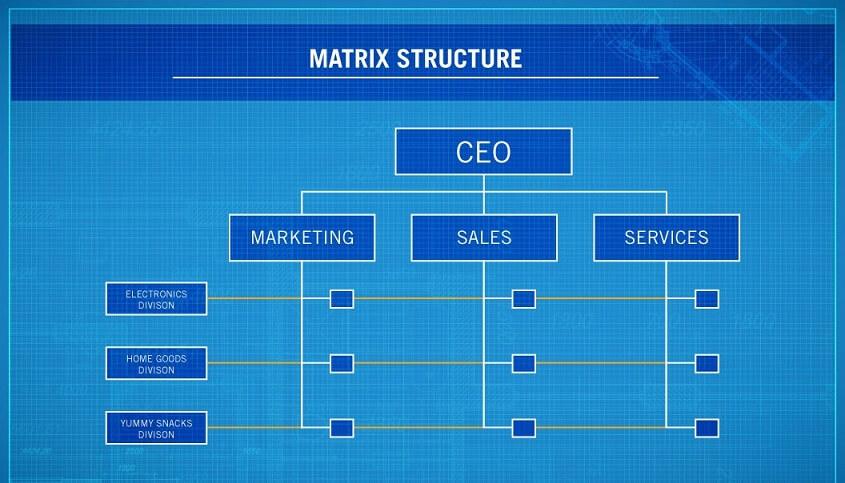Best Collaboration Skills to Bring Your Teams Together
Collaboration skills are not a new thing for humans. We have been collaborating to achieve goals since our history started. The magnificent architectural wonders of the world, progress in medicine and technology, amazing visual effects that we see on the movie screen, these are all the outcomes of collaboration. The few above-mentioned examples prove the importance of collaboration. So in this article, we will discuss some best collaboration skills that will help to bring your teams together.
Best Collaboration Skills
In the business field, most workplaces need a specific level of collaboration among team members. Even in organizations where employees work essentially on their own, there’s possibly some kind of collaboration to connect the business with other businesses and clients. So we bring the best collaboration skills you should practice.
Active Listening

Without powerful active listening skills from all teams, the possibilities of desirable collaboration are rare. Open and intellectual communication needs self-awareness because workers need to know their choices and still try to hear the interests of others. Good active listeners are great communicators, both verbally and with written communication. Understanding how to deliver ideas is necessary for team collaboration, but so is listening to the ideas and feedback of others.
Organization

There is no single unorganized team on earth that collaborates well and achieves the goals on schedule. Team organization is essential for achieving the desired goals at the desired time. It’s up to whoever is managing the company to ensure that each team leader has assigned the people on their team assignments and responsibilities they’re most adapted for.
Engagement

Strong collaboration is the outcome of team members who are engaged with each other and the task they’re performing. Building effective engagement and therefore, more satisfying collaboration skills that unite teams should incorporate frequent feedback and discussion. This enables employees to voice their views, share ideas, improve productivity and even search for possibly taking on new job responsibilities.
Transparency

When we talk about developing collaboration among teams in the workplace, transparency plays an important role to do that. Without it, employees feel that they’re working “for” their manager rather than working “with” their managers and that’s not always a desired thing. Let the members on your team understand where the company is concerning any projects, why particular aspects are critical, and any challenges that may come up along the way.
Adaptability

It is a universal fact that people are not always going to coincide with the workplace preferences of other team members, their managers, or other areas in an organization. That said, being open-minded and getting to adapt and compromise will improve the chances of victorious team collaboration by a great number.
